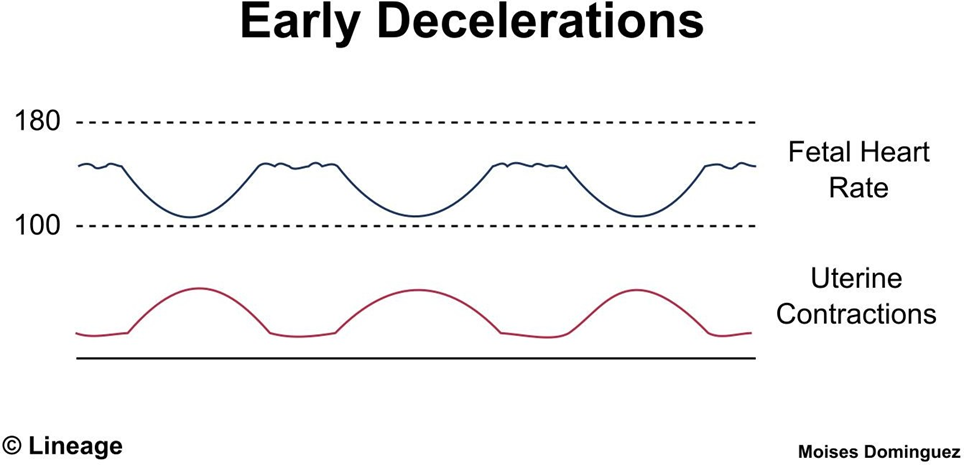A client who is having suicidal thoughts tells the nurse, "It just does not seem worth it anymore. Why not end my misery?" Which of the following responses by the nurse is appropriate?
"Why do you think your life is not worth it anymore?"
"You can trust me and tell me what you are thinking."
"I need to know what you mean by misery."
"Do you have a plan to end your life?"
The Correct Answer is D
A. This response may come across as confrontational and could potentially shut down further communication. It's important to offer support and empathy rather than immediately probing with questions.
B. While saying, "You can trust me and tell me what you are thinking," may foster trust, it is too vague and does not focus on assessing the client’s level of suicidal ideation or intent. Effective responses should prioritize safety by exploring specific details about the client’s thoughts.
C. "I need to know what you mean by misery" focuses on understanding the client’s emotional state but does not address the immediate concern of suicidal thoughts. While exploring the client’s feelings is important, it is secondary to assessing imminent risk.
D. Asking, "Do you have a plan to end your life?" is appropriate because it directly assesses the client’s risk for suicide. Determining whether the client has a specific plan, the means to carry it out, and intent to act is essential for evaluating the severity of the situation and implementing safety measures.
Nursing Test Bank
Naxlex Comprehensive Predictor Exams
Related Questions
Correct Answer is B
Explanation
A. While explaining the consequences of refusal is important, it may not address the underlying reason for the refusal and should come after identifying the reason.
B. Identifying the reason for the client's refusal is the first step in addressing the issue and may help determine the appropriate intervention.
C. Documenting the client's refusal is important but should not be the first action taken without understanding the reason for the refusal.
D. Informing the provider of the client's refusal may be necessary, but it should come after identifying the reason for the refusal and attempting to address it.
Correct Answer is A
Explanation
A.
A. Early decelerations are typically benign and occur in response to head compression during contractions. They mirror the uterine contractions and are not associated with fetal distress.
B. Fetal hypoxia is associated with variable or late decelerations, not early decelerations.
C. Abruptio placentae is a medical emergency characterized by premature separation of the placenta from the uterine wall, which can lead to late decelerations due to fetal hypoxia.
D. Postmaturity is a term used to describe a pregnancy that extends beyond 42 weeks gestation and is not directly related to fetal heart rate patterns during labor.

Whether you are a student looking to ace your exams or a practicing nurse seeking to enhance your expertise , our nursing education contents will empower you with the confidence and competence to make a difference in the lives of patients and become a respected leader in the healthcare field.
Visit Naxlex, invest in your future and unlock endless possibilities with our unparalleled nursing education contents today
Report Wrong Answer on the Current Question
Do you disagree with the answer? If yes, what is your expected answer? Explain.
Kindly be descriptive with the issue you are facing.
